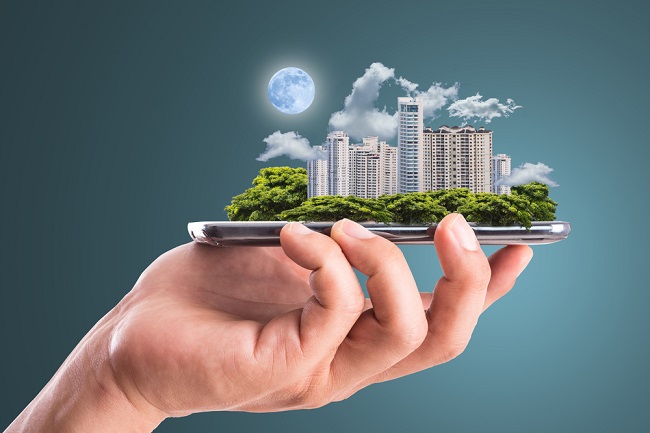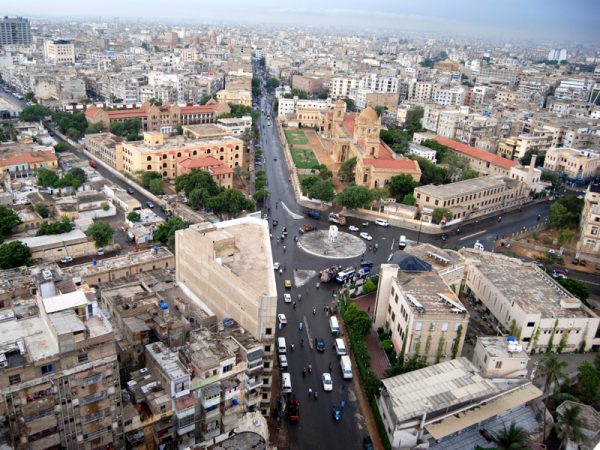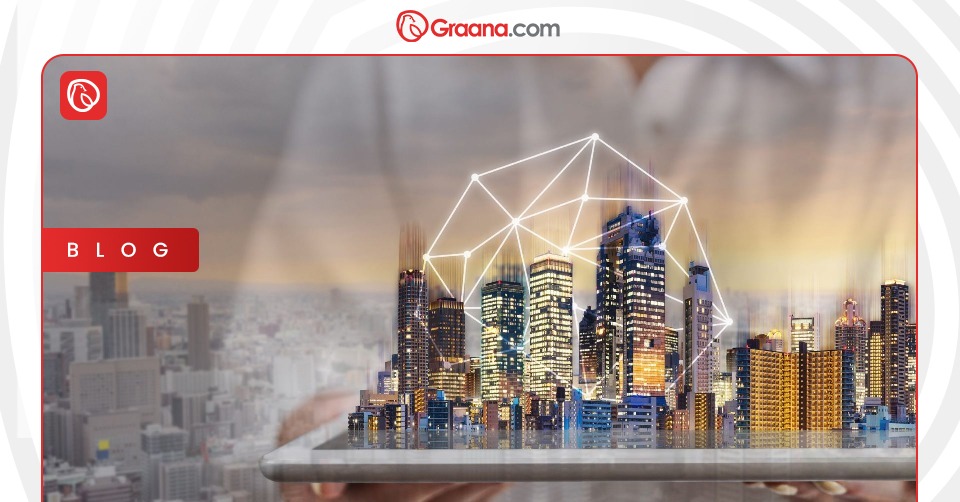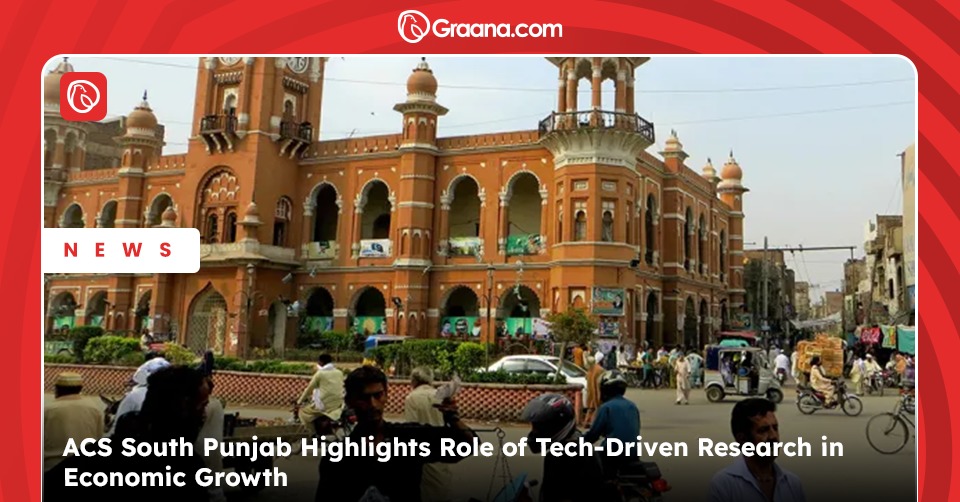The real estate sector in Pakistan is undergoing a transformation. Traditionally marked by manual processes and limited technological integration, the industry is now on the cusp of a digital revolution. Smart real estate, which combines technology, innovation, and sustainable practices, is paving the way for a more efficient and transparent property market. This blog delves into the potential of smart real estate to reshape the landscape of Pakistan’s property market.
Understanding Smart Real Estate

Smart real estate integrates advanced technologies into the design, construction, and management of properties. It leverages tools such as the Internet of Things (IoT), artificial intelligence (AI), and automation to create smarter and more efficient spaces. Key components of smart real estate include:
- IoT: Sensors and devices that monitor and control energy usage, lighting, security, and more.
- AI and Data Analytics: Predictive insights for property management and decision-making.
- Automation: Smart home systems that streamline daily tasks like climate control and lighting.
- Smart Infrastructure: Sustainable construction practices and energy-efficient designs.
These advancements not only enhance convenience and security but also contribute to long-term cost savings and sustainability.
Current Landscape of Real Estate in Pakistan

Pakistan’s real estate sector has traditionally relied on manual methods for property buying, selling, and management. While the industry has grown significantly over the past few decades, it still faces several challenges:
- Lack of Transparency: Buyers and sellers often encounter discrepancies in property documentation and valuation.
- Limited Use of Technology: Most transactions are still handled offline, leading to inefficiencies.
- Slow Adoption of Smart Infrastructure: High costs and a lack of awareness hinder the adoption of smart technologies.
Despite these challenges, there is a growing realization of the need to embrace modern practices, creating opportunities for smart real estate solutions.
Emerging Trends in Smart Real Estate
The integration of technology into real estate is introducing new trends that are set to redefine the industry:
- Digital Platforms: Online portals for property transactions offer greater transparency and convenience. Platforms like Graana Marketplace are enabling seamless property buying and selling experiences.
- Virtual and Augmented Reality: These technologies allow potential buyers to explore properties virtually, saving time and resources.
- Smart Building Systems: Energy-efficient solutions and automated security systems are becoming a key feature of modern developments.
- Blockchain Technology: Blockchain ensures secure and transparent property transactions, with smart contracts minimizing fraud and delays.
These trends are not only enhancing customer experiences but also streamlining operations for developers and investors.
Benefits of Smart Real Estate for Pakistan
The adoption of smart real estate technologies offers numerous benefits for Pakistan:
- Enhanced Efficiency and Transparency: Digital solutions reduce manual errors and streamline transactions.
- Improved Urban Planning: Data-driven insights enable better planning of residential and commercial spaces.
- Cost Reduction: Smart systems optimize energy usage, lowering operational costs.
- Environmental Benefits: Sustainable construction and green technologies promote eco-friendly development.
These benefits make smart real estate an attractive option for developers, investors, and homeowners alike.
Key Challenges in Adopting Smart Real Estate in Pakistan
Despite its potential, the adoption of smart real estate in Pakistan faces several hurdles:
- Infrastructure Limitations: The lack of modern infrastructure slows down the implementation of advanced technologies.
- High Initial Costs: Smart solutions often require significant upfront investment.
- Resistance to Change: Traditional market players are hesitant to adopt new technologies.
- Policy Gaps: The absence of clear regulations and incentives discourages innovation.
Addressing these challenges will require collaboration between the government, private sector, and tech innovators.
Role of Key Stakeholders
The successful implementation of smart real estate in Pakistan will depend on the coordinated efforts of various stakeholders.
- Government: Introduce policies and incentives to promote smart technologies.
- Private Sector: Invest in smart infrastructure and R&D to develop localized solutions.
- Consumers: Create awareness and drive demand for smart real estate.
- Tech Companies: Develop affordable and scalable solutions tailored to the local market.
Case Studies and Global Inspiration
Globally, countries like Dubai and Singapore have set benchmarks in smart real estate. For instance, Dubai has implemented smart city initiatives, including AI-powered traffic management and energy-efficient buildings. In Pakistan, projects like IMARAT Downtown are incorporating elements of smart infrastructure, showcasing the potential of technology-driven real estate development.
The Road Ahead
The future of real estate in Pakistan lies in adopting smart technologies. Over the next decade, we can expect:
- Increased adoption of blockchain for secure transactions.
- Wider implementation of IoT and AI in property management.
- Enhanced focus on sustainability through green buildings.
To achieve these goals, Pakistan must:
- Develop clear policy frameworks.
- Encourage public-private partnerships.
- Invest in technology-driven innovation.
Conclusion
Smart real estate represents a transformative opportunity for Pakistan’s property market. By leveraging advanced technologies, the industry can overcome traditional challenges and pave the way for a more efficient, transparent, and sustainable future. It’s time for stakeholders to embrace this change and unlock the immense potential of smart real estate in Pakistan.
For more related information, visit Graana Blog.




